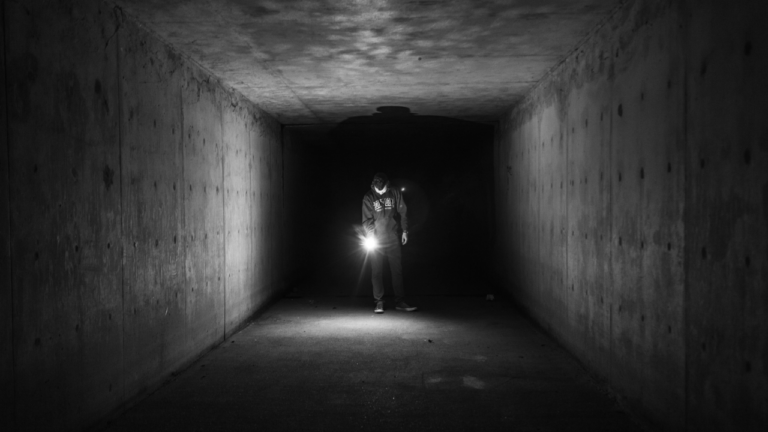5 Tips for Solving Any Mystery Game Faster

Mystery games are thrilling, engaging, and—at times—frustratingly challenging. Whether you’re immersed in a digital whodunit, unraveling a complex storyline in a board game, or diving into a real-world murder mystery event, there’s always that nagging desire to solve the case as quickly as possible. To help you speed up your detective work, here are five key tips that can sharpen your skills, streamline your approach, and have you cracking mysteries faster than ever!
1. Take Detailed Notes from the Start
Many players rush into a mystery game eager to uncover secrets, only to find themselves lost in a sea of clues. Taking detailed notes from the very beginning helps you stay organized and keep track of critical information that could make or break your investigation.
- Why It Works: The devil is in the details when it comes to solving mysteries. Small hints that seem insignificant at first may become crucial later on, so keep a pen and paper (or digital notes) handy.
- Pro Tip: Jot down everything, from character statements to physical clues and even potential motives. Organize your notes in sections like “Suspects,” “Evidence,” and “Alibis” to easily reference later. Mapping out relationships and timelines can also make connections clearer as the mystery unfolds.
2. Prioritize Your Clues
Mystery games can be full of red herrings designed to throw you off course. By learning how to prioritize clues, you can focus on what really matters and avoid getting sidetracked by false leads that slow down your progress.
- Why It Works: Not all clues carry equal weight. Some are designed to mislead, while others are vital to solving the case. Prioritizing helps prevent time-wasting dead ends.
- Pro Tip: Look for inconsistencies or clues that seem out of place, as these often provide the breakthrough moments. If a character’s story doesn’t align with a piece of evidence, consider that inconsistency as a priority clue. Reviewing all gathered information periodically helps you reassess which clues are essential and which are distractions.
3. Ask the Right Questions
Solving mysteries often comes down to asking the right questions. Knowing how to ask specific, direct questions can help uncover essential information faster, moving you closer to solving the case.
- Why It Works: Many mystery games allow you to interact with characters or analyze scenarios. Asking focused, strategic questions often reveals new insights or clarifies information.
- Pro Tip: Structure your questions to gather facts, timelines, and motives. Avoid open-ended questions; instead, be specific, like “Where were you at 9 PM?” or “Did anyone else see you?” This approach yields more precise answers and often leads to new clues.
4. Look for Patterns
Clues can sometimes be hidden within patterns or recurring themes throughout the game. Spotting these connections and making sense of them can provide valuable insights that propel you toward the solution.
- Why It Works: Patterns—such as recurring themes, character behaviors, or repetitive symbols—often point to significant revelations in the plot.
- Pro Tip: As you gather more information, ask yourself if anything repeats or stands out. Are there particular phrases, symbols, or character actions that reappear? Identifying these patterns can often lead you closer to the solution, as they tend to be deliberate breadcrumbs left by game designers.
5. Stay Open to Red Herrings and Twist Endings
Mystery games love to keep players on their toes with unexpected twists and misleading clues. Staying open to these surprises keeps you adaptable and ready to rethink your conclusions, ensuring nothing slips by unnoticed.
- Why It Works: Mystery games often throw in red herrings, or misleading clues, to keep you guessing. Staying open to the idea that not every clue leads directly to the culprit helps you remain flexible.
- Pro Tip: If a clue seems too obvious or out of character, don’t latch onto it too quickly. Instead, consider alternative scenarios. Revisiting the plot with a fresh perspective and questioning your assumptions can sometimes bring unexpected solutions to light, especially in games with twist endings.
Final Thoughts
Mystery games like thetracegame challenge your reasoning, observation, and creativity in ways that few other genres can. By following these five tips—taking notes, prioritizing clues, asking the right questions, looking for patterns, and staying open to twists—you’ll become a faster, more effective problem-solver. So the next time you dive into a new mystery game, apply these tips, put on your detective hat, and get ready to crack the case in record time!






